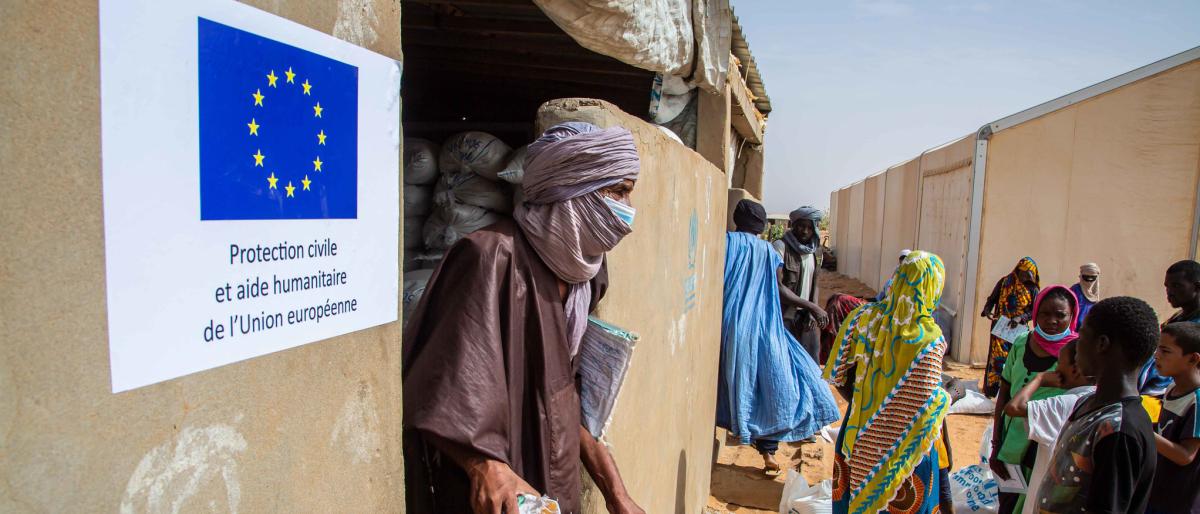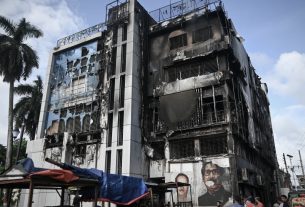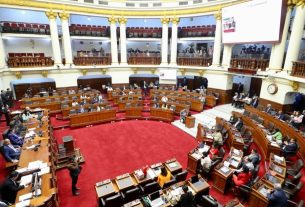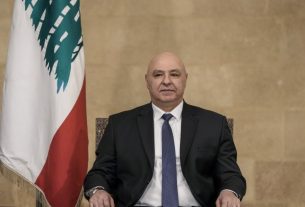The EU is releasing additional humanitarian funding of €2.6 million to address the urgent needs in Mauritania due to the intensified influx of people arriving from Mali.
Over the recent months, the several blockades imposed by non-state armed groups, the counteroffensive of the Malian armed forces and the withdrawal of the UN Multidimensional Integrated Stabilization Mission in Mali (MINUSMA) have accelerated forced displacements from Mali, imposing a high toll on the bordering Mauritania.
The additional humanitarian funding adds on to the initial small-scale tool response of €500.000 released this month by the EU to address the needs of in and out-of-camp refugees and on to the €8.5 million EU humanitarian aid previously allocated to Mauritania this year.
The new funding aims to strengthen the response to the food assistance needs of the forcibly displaced, supporting our humanitarian partners World Food Programme (WFP) and Action Contre la Faim (ACF) and providing logistical support to reach them, through the UN Humanitarian Air Service (UNHAS).
Commissioner for Crisis Management, Janez Lenarčič, said: “We cannot ignore the impact of the security situation in Mali on the neighbouring countries and refugees host communities. We will continue working with our humanitarian partners on the ground to address the needs of the most vulnerable fleeing from Mali and finding refugee in Mauritania. Underlining our steady commitment, we are releasing additional €2.6 million in humanitarian support to deliver aid to those who need it the most.”
Background
In 2023, the EU has allocated €8.5 million to humanitarian aid in Mauritania. Since 2007, we have supported humanitarian projects in the country with €145 million.
EU humanitarian funding helps address the food, health, nutrition, and protection needs of the most vulnerable populations and supports the prevention of malnutrition among children, with food assistance being distributed during the period between harvests, where food reserves are severely depleted.
It also focuses on disaster response and increasing access to education for refugee children.
EU-funded projects also help vulnerable refugees in Mauritania who have no other means of survival. Mauritania hosts the largest Malian refugee camp whose reception capacity is reaching saturation.
Since 2012, tens of thousands of Malians have fled to Mauritania for their safety, due to instability and violence in their country. Their prospects of return remain very limited.
The influx of refugees has accelerated again in recent months in the Hodh El Chargui region. Many of these households are very vulnerable, with very few resources, having left their villages in a hurry without taking anything with them.
At the M’bera camp, our assistance focuses on food, education for children who missed their schooling, and disaster preparedness.
Part of the EU’s humanitarian funding in Mauritania also supports the United Nations Humanitarian Air Service (UNHAS). Thanks to this important lifeline, humanitarian workers and supplies can reach people in need of assistance in just 2.5 hours instead of 3 days by road.



